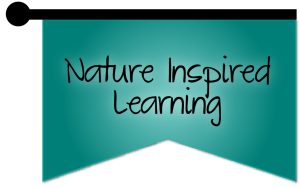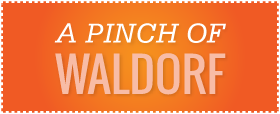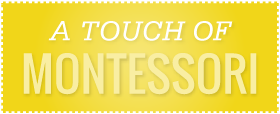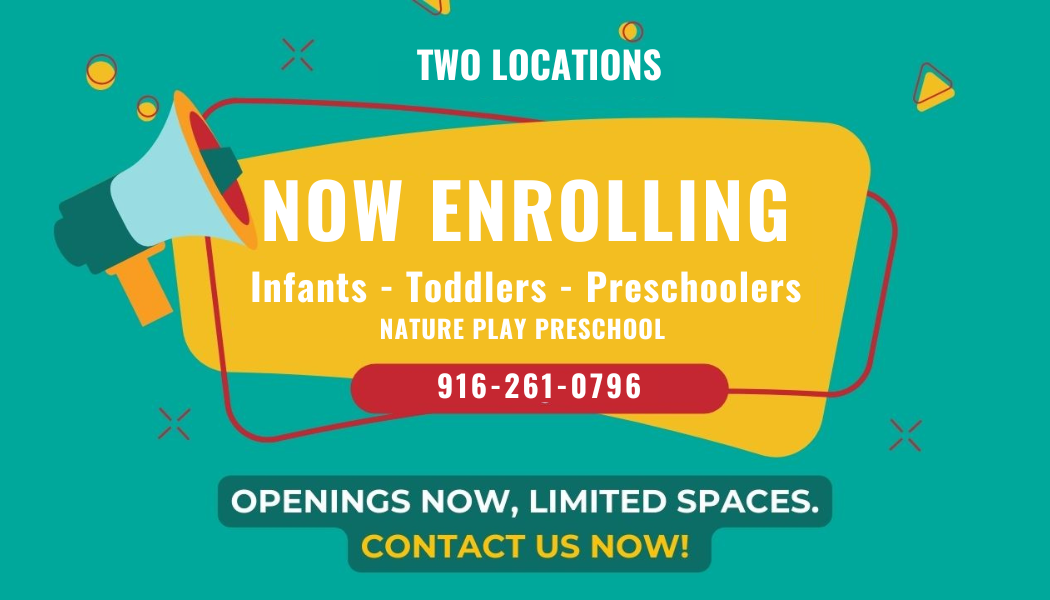Why is Parenting always a Conflict?
Author of Enlightened Discipline ©
I have many friends who come to me and say, “Julie, help me with this.” “How do I handle that?” Each time it seems so clear to me and they, despite being well educated, bright people seem at a loss….or more likely at the end of their rope.
It doesn’t appear to be the BIG things that confuse them; it is parenting the little things over and over and over again.
For instance, a friend of mine was at a loss because her 4-year-old daughter wanted to eat Chinese food that had been left in the car in the hot sun and was on its way to the garbage can. The child, I will call Emily continued to whine and moan and plead with her mom. Mom was at a loss and felt compelled to make her child quit whining.
She asked me to intervene. I obliged. “Emily, that food is not safe. If you eat it, it will probably make you sick. Either you can throw it away or I can. Do you want to throw it in the trash?”
It’s really that simple. Remember that Enlightened Discipline always heralds back to the three basics: Safe, Kind and Clean. In this case, the food is not safe, period.
What is the next step with unsafe food? Certainly not arguing about it. Parents are sometimes so absorbed in the argument that they fail to move the disagreement with action. The action should include the child.
Kids love being in control. Give them some control and some limited choice. “Do you want to throw it in the trash, or shall I?” Now you have asked Emily to participate instead of stand by without involvement, or feel helpless and victimized. You have also taken away the choice that she was not capable of making because she is a child. Set your child up for success. The choice to eat the food is not available. “Which garbage can shall we put it in, this one or that one?” “Who should throw it away, me or you?” These are choices that are appropriate for your 4-year old. “The metal garbage can? Okay. Thank you.”
The why behind your “no” is the teaching part of Enlightened Discipline.
As parents and teachers if we only say “no” and never say “why”….what have we taught our children?
We have taught them that: that only we are smart, that only we have the answers, they don’t, and they must rely on us. This might be the way a parent feels, but not how enlightened parents want to raise their children. We want children to grow up and use good judgment, know what is healthy, avoid danger, make wise decisions, take care of themselves and respect others. How can they learn this when we do it for them and don’t tell them why? Well, most kids will eventually learn the whys. But it’s a bit like a guessing game. Or more apropos, a process of elimination: they see what we do time and again and make conclusions based on silent information.
Now, clearly this could backfire. How many times have I heard, “do what I say, not what I do”? If parents are saying little that is verbal teaching and children are watching all the decisions, bad and good that their parents make, they may simply get it wrong.
So keep it simple. Talk and teach. When you are saying no, which of the three principles does it break; safe, kind or clean? Tell your child in one clear statement. “Nope, that’s not kind.” Or, “we can’t do that, it isn’t safe.” It doesn’t require much explanation beyond that to teach and be very effective. No negotiation and certainly no debate is needed. In Emily’s case it was easy to teach that old food left in a hot car might make her sick and that is why it isn’t safe.
So, let’s break it down to easy to remember steps:
1. Talk and teach using Safe, Kind and Clean principles.
2. Take action.
3. Give child a role in the action.
4. Provide two choices within the boundaries that you create.
5. Congratulate or thank your child on their decision and their action.
It’s helpful to watch other parents and their children. When we are less attached to the emotions, it is almost always easier. If we watch others and play it out in our head how we would handle it our own your child, we will begin to practice new techniques and build creative solutions that can apply with our own kids.
Happy parenting!








